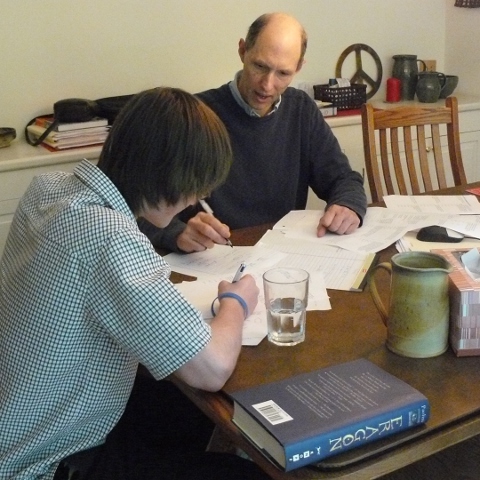Individual tutoring requires a mixture of listening, puzzle-solving, and technical competence. I match my techniques to student needs based on my observations of their math behavior.
By teaching alternative ways to solve each problem, I can identify approaches that make sense to each individual student. I listen very carefully to the student and guide the student with questions. I help the student review older materials to fill in “gaps”, but I also teach ahead of the class to prepare students for materials coming from their teachers.
These steps require patience. Students who come to me often believe that their math skills are inadequate. Accordingly, I focus both on confidence-building as well as preparation. Of course, a prepared student is a self-assured student.
My responsibilities to the student are many. I will prepare for each session. I will listen to the student, observe the student's progress, and vary my teaching approach based on the student's needs. I will prepare special materials when needed. I will provide feedback to students and parents.
Similarly, I expect students to come prepared to work at each session. In particular, that means to bring materials (quizzes and tests, homework, notes, paper, and writing tools). I encourage students to ask questions — the more the better. During the tutoring sessions we will focus on the work — no distractions (cell phones, ipods, etc.).
Parents also have responsibilities in this scheme. They will accompany the student at all times (if not meeting at a public location). They will check with the student to assess progress. And, finally, they will communicate with me to discuss that progress.

